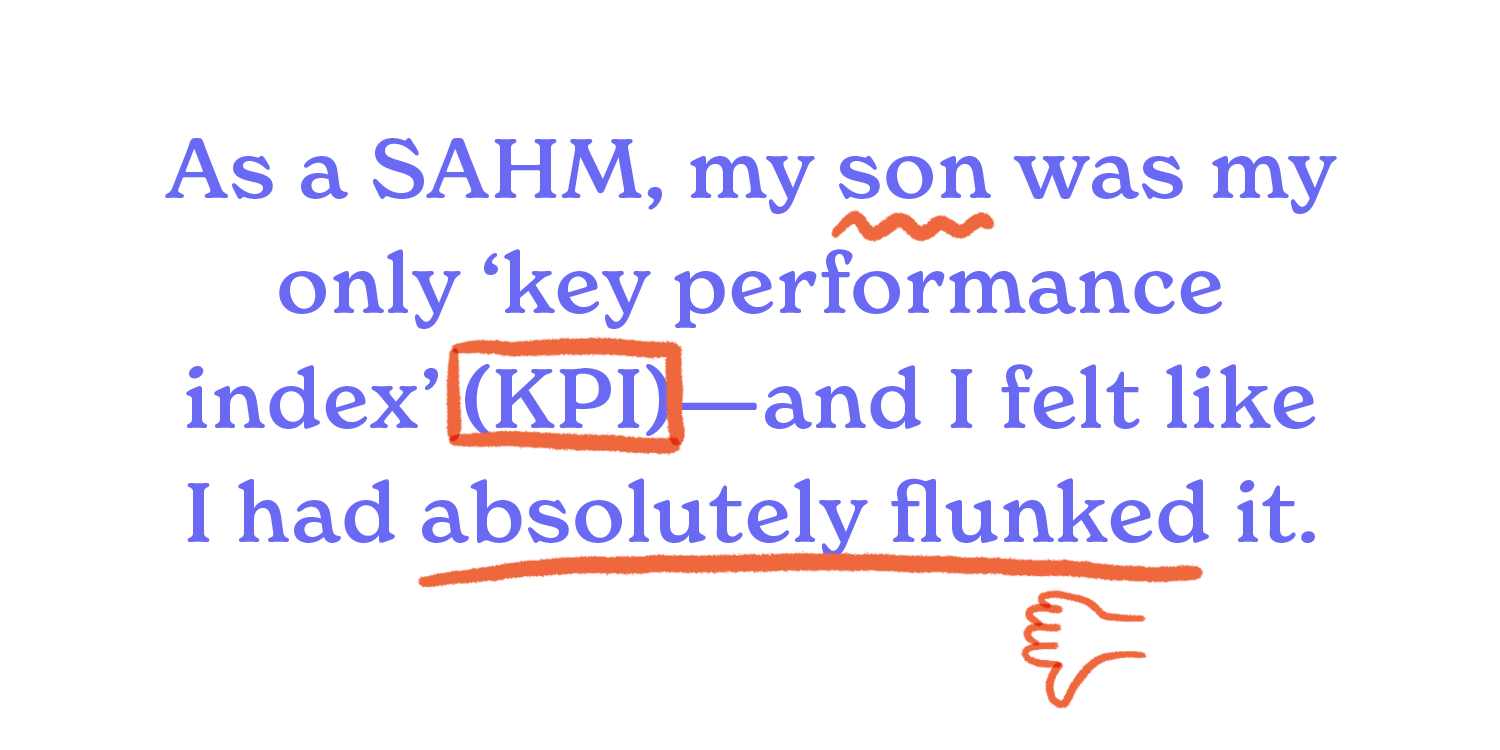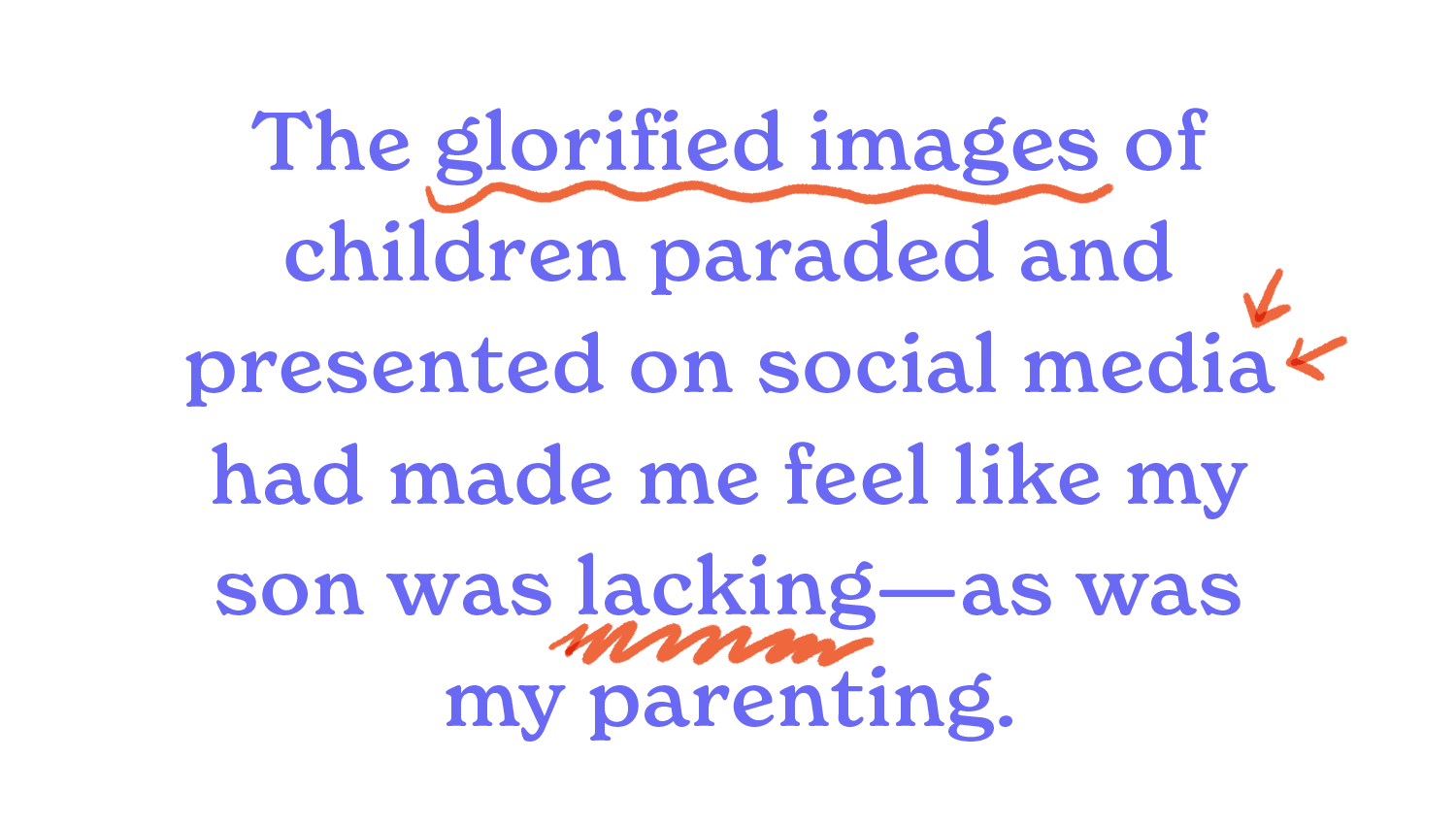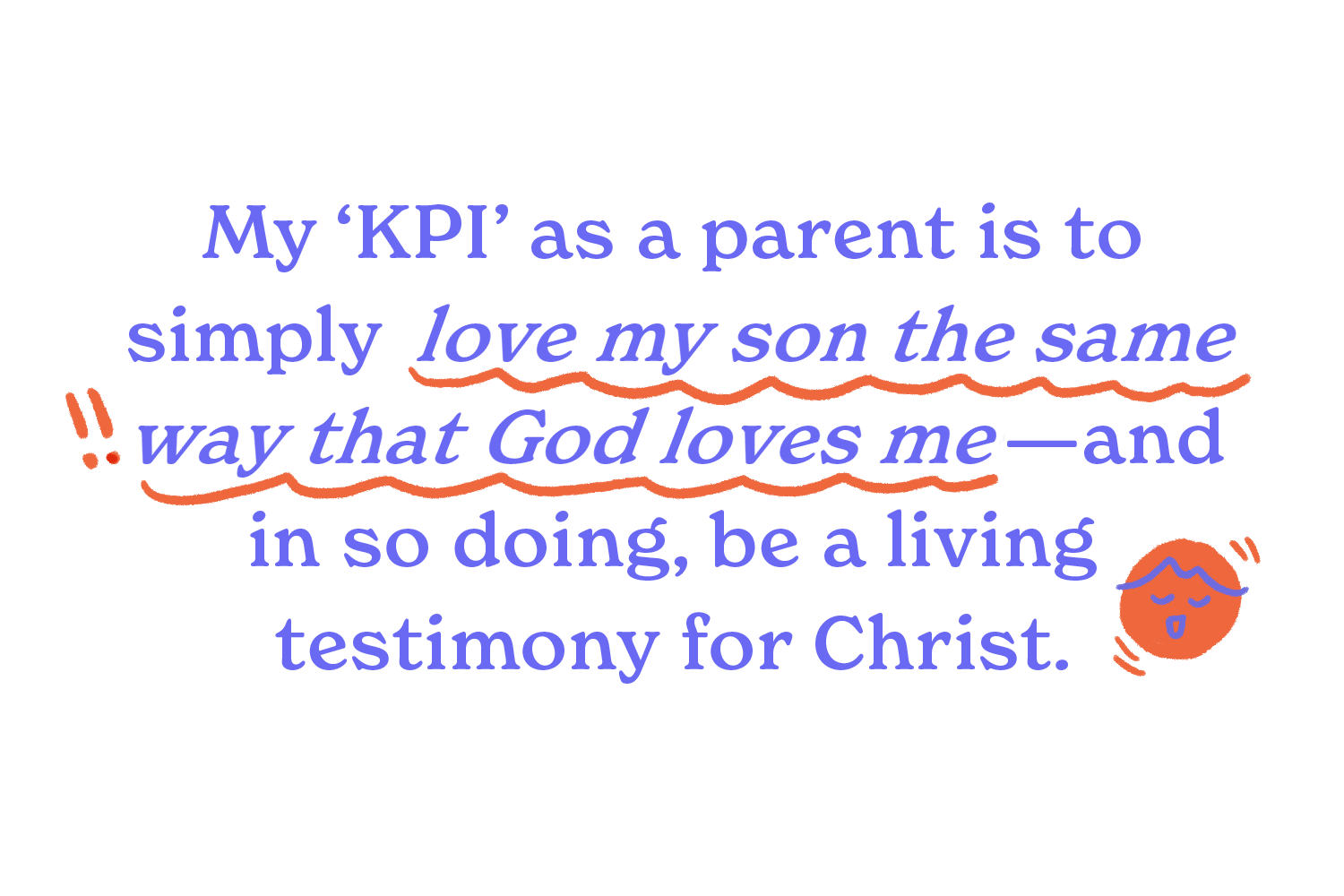
“You’re such a useless mum!”
I instantly froze in my tracks. Hot tears sprung to my eyes, and I had to blink them back hastily. I was merely reminding my son, Liam, that he had been on his gaming device for a long time, but he wasn’t prepared to listen.
He had uttered those words in defiance. It was no doubt a thoughtless thing to do, but the words seared deep into my heart at the place it hurt most—my identity and all that I had hoped to be as a mum.
It seemed like everything I had done for the past 15 years had been a failure.
Seeking to Raise Him Up Right
I remember when Liam first came along. Nothing could prepare me for the overwhelming love that I felt for the precious baby I held in my arms. He seemed to be a blank canvas waiting to be filled, and I was determined to fill it right.
With a new sense of purpose, I quit my job to be a stay-at-home mom (SAHM). I tried to do everything that the parenting gurus recommended: I read to him daily, constructed Montessori activities to do with him, sang phonics songs to him, and prayed with him nightly. I held his little hand as he traced the alphabets, and we danced and sang to Laurie Berkner songs almost daily (it was a huge hit with him!). He was a sweet boy who would earnestly listen to everything I said, and willingly obey.
But as Liam grew older, the veneer of that obedient, loving boy started to wear off. He would leave his dirty clothes everywhere, and his used cups and plates would lay in the sink, unwashed. He also spent a big bulk of his time gaming instead of revising or picking up what I thought would be a more constructive hobby. Unsurprisingly, his grades took a beating.
My constant reminders fell on deaf ears or, worse still, often provoked an angry reaction. He would tell me to stop nagging at him, and more often than not, this would escalate into an exchange of barbs between us.
“You’re such a useless mum!”
“Can you just shut up?”
“You are so annoying!”
Each retort chipped away at our relationship and left me crumbling in despair. In one particular episode, after repeated reminders to help draw the curtains, he went to the curtains and in a fit of anger, pulled it so hard that the curtains tore apart.
I was aghast. Why wouldn’t he listen? What happened to this boy for whom I had such high expectations? What would become of him?
The Stabs from Social Media
Turning to social media didn’t help. In fact, it became a knife that twisted into my wound. Friends were posting about their children winning achievement awards, being prefects in their school, and helping out in the kitchen. One child even whipped up an entire meal on her own for the family.
These parents must have done something right, I thought to myself one night as I scrolled through the posts.
It suddenly hit me that in stark contrast, Liam was nothing like their children. I must have failed somewhere in my parenting.

That night, I wept. Not just because I felt like I had failed in my parenting, but as a SAHM, my son was my only ‘key performance index’ (KPI)—and I felt like I had absolutely flunked it. It felt like all the years I had invested in my role as a SAHM had come to naught.
Never Just Him
God, however, opened my eyes one day at a parent-teacher meeting in my son’s school. From various conversations with the teachers and even the principal’s talk, it became very clear to me that Liam’s behaviour—such as the angry outbursts and apparent irresponsibility—was not at all atypical. In fact, it seemed that Liam was a very typical teenage boy!
I learnt that the prefrontal cortex, which is the part of the brain that is responsible for impulse control and emotional maturity, does not fully mature until the age of 25. When I heard this, I was horrified—10 more years to go?!—but also relieved.
All this while, I had thought that the negative behaviour Liam exhibited was just him, when in fact, it was perhaps never just him. The glorified images of children paraded and presented on social media had made me feel like my son was lacking—as was my parenting.
This discovery led me to realise that comparison truly is the thief of joy. As Proverbs 14:30 exhorts: “A heart at peace gives life to the body, but envy rots the bones.”

What I saw on social media had become a yardstick against which I was measuring Liam—and my own parenting ability. It had made me think: Liam is not as good as that girl in academics. He is not as good as that boy in sports. I am less than adequate in my parenting. I am less than able as a mother.
And, the envy had whispered thoughts in my head: Why can’t Liam be like Phoebe, who helps her mother tidy the house every day? Why can’t he be like Luke, who wins an academic award every year?
The Truth Behind the Polished Veneer
The truth is, Liam will never measure up to others—because what social media presents is but a polished veneer of the nicest façade. Few would want to reveal on social media that their children are irresponsible, talk about their tussles over the use of digital gadgets, or confess about the times that they explode in anger.
And, if I had weighed Liam and found him wanting, on the flipside, wouldn’t he too have weighed me and found me wanting as a mother? Why can’t my mother be like Sophie’s mum, who doesn’t nag her all day? Why can’t she just stop bugging me to study?
As I relate to my son, I’m discovering that the motherhood journey is a process of refinement and sanctification—not so much of Liam as it is of myself, as a disciple of Christ and a child of God. It was almost as if God had used this discovery to shine a light on what I lacked in my parenting—love. Specifically, it was showing God’s love to my son.
The Key to Love
As believers, we’re all familiar with the famous passage defining love, in 1 Corinthians 13. In his opening line, Paul describes love as being patient and kind, first and foremost (v. 4). He goes on to describe it as always protecting, trusting, hoping, and persevering (v. 7).
As I meditated on what love means, and how God as our heavenly Father loves us, I began to see this passage in a new light. On its own, my love for my son is inadequate and imperfect. God’s love, on the other hand, is completely and wholly perfect, because God is love, and it is in His nature to love (1 John 4:8).
In spite of all my imperfections, disobedience, and sinfulness, however, God chooses to love me unconditionally, as clearly demonstrated in the gospel: “This is how God showed his love among us: He sent his one and only Son into the world that we might live through him. This is love: not that we loved God, but that he loved us and sent his Son as an atoning sacrifice for our sins” (1 John 4:9–10).

Because God loved me first—and He shows by example what love truly looks like—I, too, can love my son with the outpouring of His love (1 John 4:19). As I taste and experience God’s perfect love for me, I too can extend that same love to Liam—a love that is patient, kind, forgiving, forbearing, enduring, and unfailing in nature.
God Never Fails
In 1 Corinthians 13:8, Paul writes that “love never fails.” What a beautiful promise that we, as parents, have in God, that His agape love—love that is unmerited, gracious, and sacrificial—never fails!
In spite of what social media tells me, I’m learning that my KPI isn’t to raise a ‘perfect’ child in the world’s eyes. My ‘KPI’ as a parent is to simply love my son the same way that God loves me—and in so doing, be a living testimony for Christ (John 13:34–35).
Over time, as I stopped comparing Liam with others, I began to see what he did have instead of what he didn’t. I saw the affectionate boy that he was, who showed his love with huge bear hugs. I saw the veritable joker in him, who made us all laugh with his inane quips. I saw his contrite apologies, that bore witness to the genuine repentance he felt when he traded barbs with me.
As I forge ahead in my mothering journey, I know the road ahead will be painful and challenging at times. There will be moments when I will surely fail in showing God’s love to Liam. And there will definitely be times when I doubt whether he (and I!) have truly have flunked in our ‘KPI’ as child and parent.

Despite this, I pray that God will continue to refine and sanctify me as a mother to my son, and as a child of His. I pray that He will grow the love in me so that it overflows in abundance, such that there will be plenty for me to be patient, to be kind, and to forbear all things.
And I know all will be well, because God’s love never fails.



